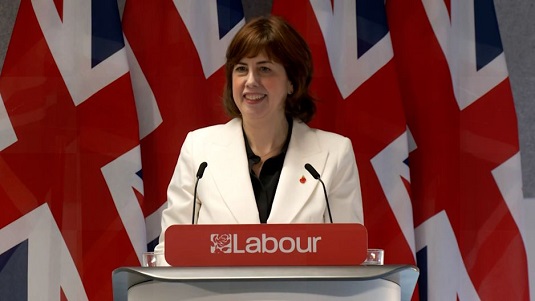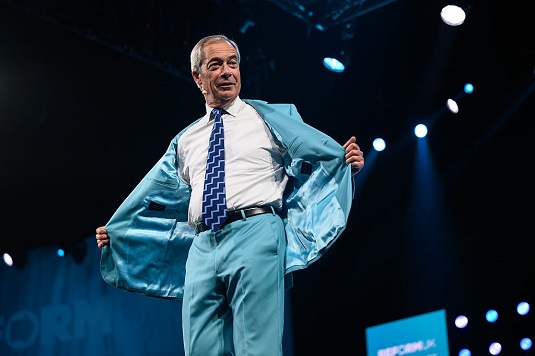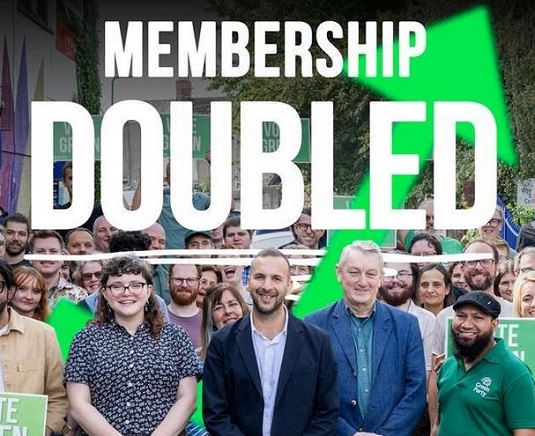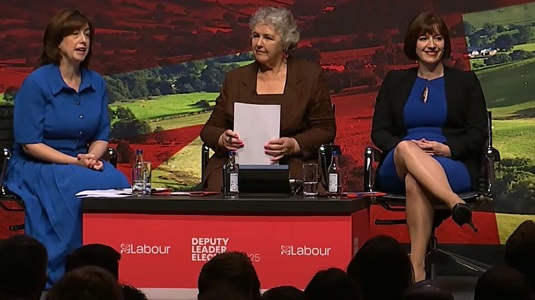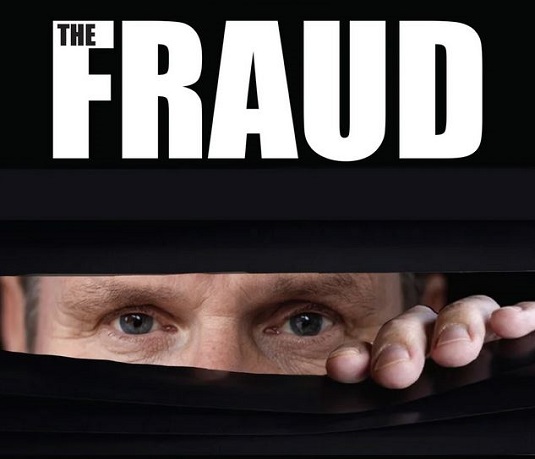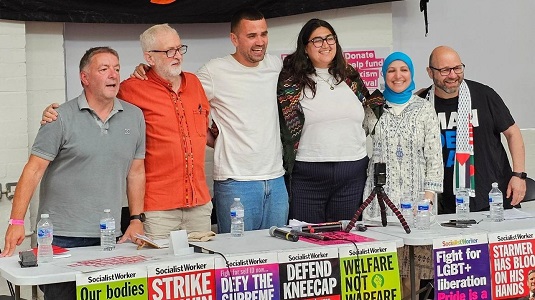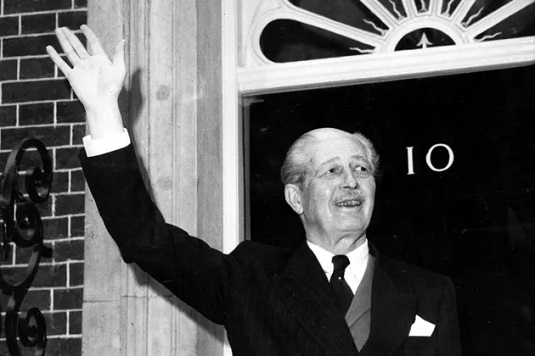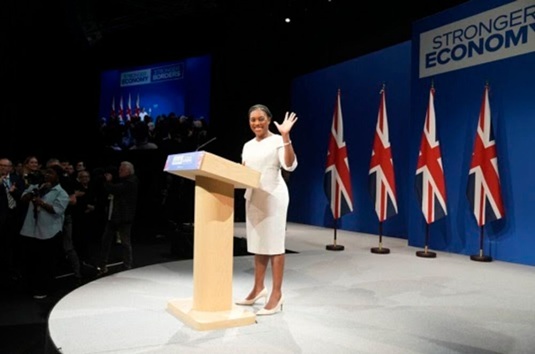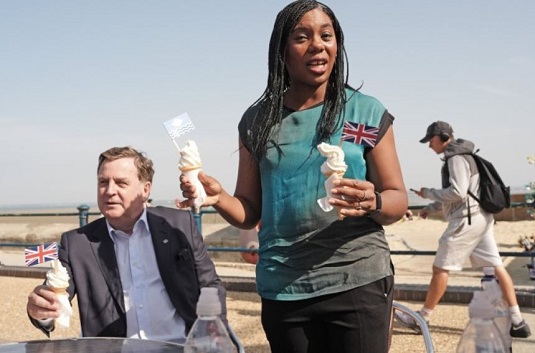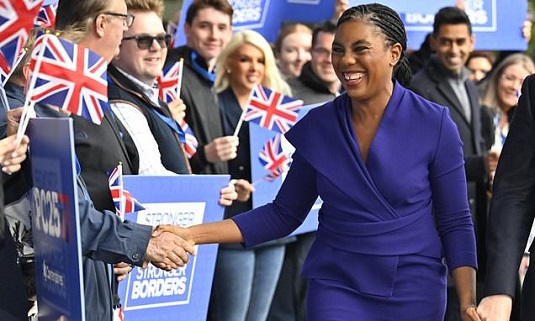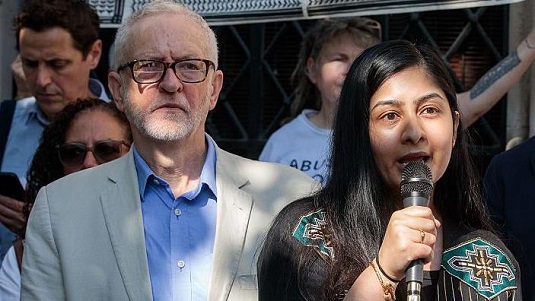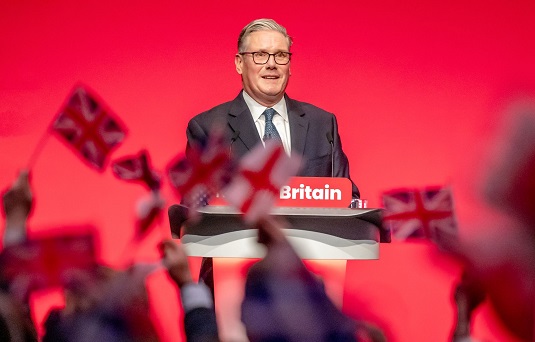
Up first is Nevil Schute's On the Beach. I'm sure most readers, even if they're not sf or literary buffs will have heard of this thanks to the Gregory Peck film. A rare exercise in the hopeless everyone-dies-in-the-end scenario, nuclear war in the northern hemisphere has created a radioactive cloud that is slowly enveloping the Earth. Australia has escaped the fall out, but weather patterns mean it's closing in and with it, certain death. How do you cope when the end is nigh, and what happens when a submarine captain receives a radio signal from the irradiated shores of the United States?
Next is John Scalzi's Old Man's War from 2005, the first in a seven book series - the latest of which came out this year. The conceit here is that old people are being enlisted for space war. Their wizened frames are traded in for biochemically and nanotech enhanced soldier bodies that can take the fight to the aliens. It is well thought of and was nominated for the Hugo. Bringing things back to Earth, The Parable of the Talents is the second book in what would have been Octavia E Butler's near future series about the collapse of civilisation and the Mad Max-style fun that entails. Noted because the narrative jumps off in the 2020s as the US crumples beneath the weight of a right wing authoritarian president, this was to be a story of struggle, of overcoming, and building a space faring future away from the ruined Earth.
Arthur C Clarke gets a bit of a bad rap these days for having churned out, by our standards, dull and Whiggish science fiction (though I found his A Fall of Moondust entertaining enough). Does this judgement include Imperial Earth? 150 years from now, citizens from across the solar system are converging on Earth to celebrate 500 years of American independence. The futuristically named Duncan MacKenzie is making the diplomatic pilgrimage from the tunnels of Titan, but is he visiting to just make nice with the locals or are their ulterior motives afoot?
Jumping from the nearish future to the far past, Caspar Geon (AKA Tom Toner) sets The Immeasurable Heaven a long time ago in a galaxy far away. Billions of years back, to be precise, during a time when the universe was smaller and empty space was alive with a rich soup of elementary particles. There are no humans in this story, but we do have a settled galaxy - Yokkun's Depth - and a plot arising from the consequences of puncturing holes in the fabric of reality to reach the younger universes beneath. Immeasurable was published in the summer and comes highly recommended to me via several sf booktubers, so looking forward to digging in before long.
Last is the compilation Nebula Award Stories 5 edited by James Blish. In his intro, Blish takes issue with vote massaging accusations around the 1970 contest. But that's by the by. Included here are two authors' signature shorts. Samuel R Delany's Time Considered as a Helix of Semi-Precious Stones and Harlan Ellison's famous A Boy and His Dog. The "also-rans" are Robert Silverberg's 1969 award winner Passengers, Ursula K Le Guin's Nine Lives, Larry Niven's Not Long Before the End, and The Man Who Learned Loving by Theodore Sturgeon. There are bonus essays about the state of science fiction in 1969 from Darko Suvin and Alexei Panshin. Apart from a touch of sun fade on the spine, this is in very good nick for such an old book/
Have you picked up anything interesting lately, SF or non-sf related?
